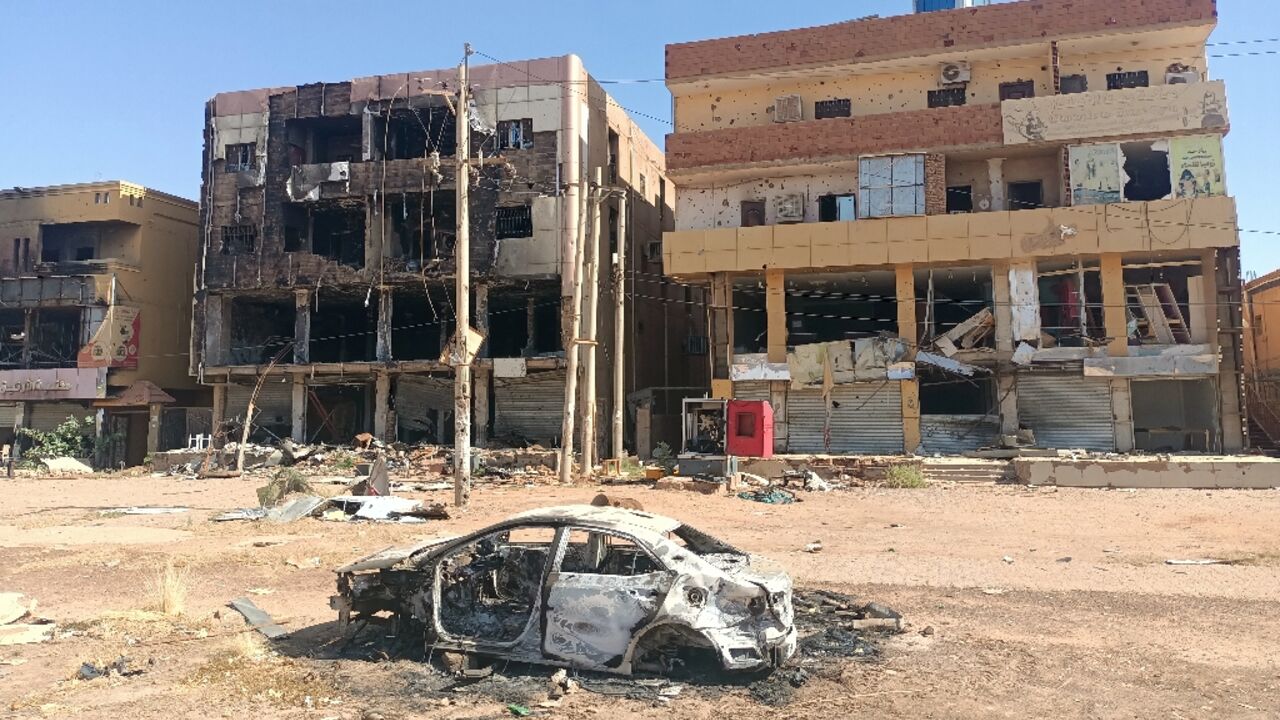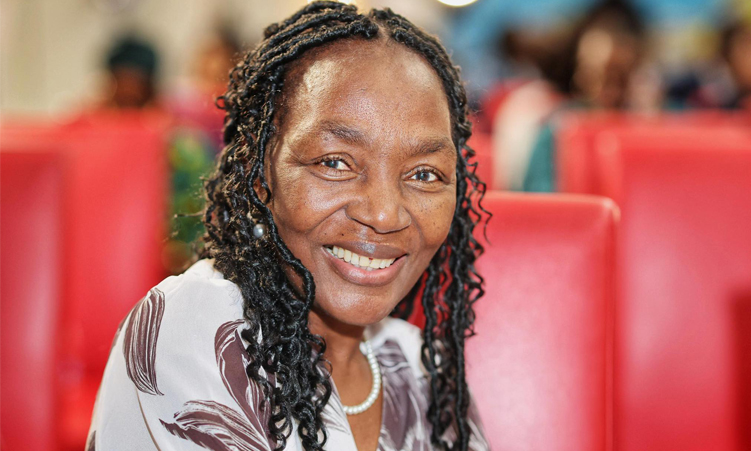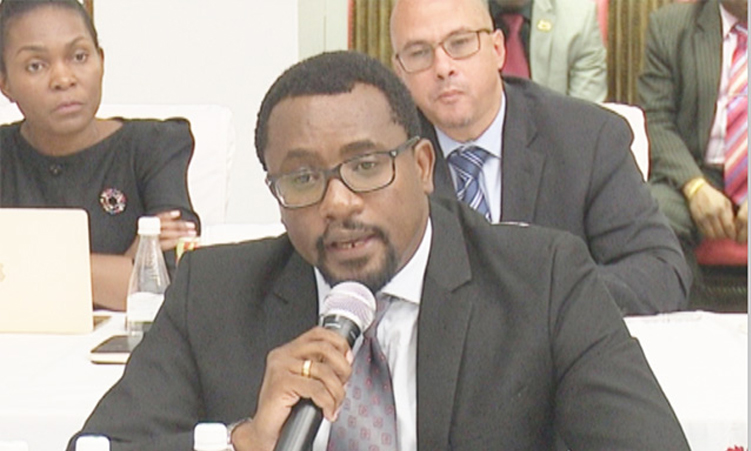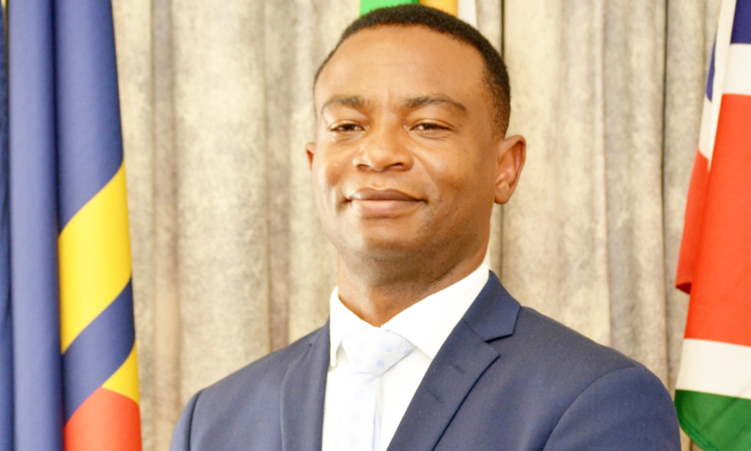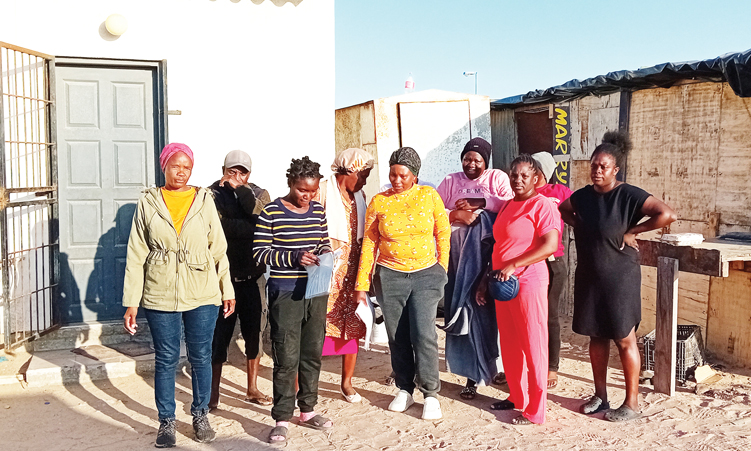The head of the Sudanese paramilitary Rapid Support Forces (RSF) admitted in a speech to fighters on Sunday that the group had withdrawn from the capital, Khartoum, which rival army forces have retaken.
The comment from RSF commander Mohamed Hamdan Daglo came three days after the group said there would be “no retreat and no surrender” and that its forces had “repositioned”, despite the army’s declaration on Thursday that “the last pockets” of the RSF had been eliminated from Khartoum after nearly two years of war.
“I confirm to you that we have indeed left Khartoum, but . . . we will return with even stronger determination,” Daglo said in the speech posted on social media.
The war has created what the United Nations (UN) describes as the world’s worst hunger and displacement crisis.
More than 12 million people have been uprooted, tens of thousands killed, and a UN-backed assessment declared famine in parts of the country.
“All those who think there are negotiations or agreements in process with this diabolical movement are mistaken,” Daglo said, in reference to the army.
“We have neither agreement nor discussion with them – only the language of arms.”
Army chief Abdel Fattah al-Burhan on Saturday also vowed not to back down, after a decisive blitz in which the army reclaimed the presidential palace, the war-damaged airport and other key sites in the city centre where buildings are burned and bullet-scarred.
‘WE WILL NOT FORGIVE’
“We will neither forgive, nor compromise, nor negotiate,” Burhan said, adding that victory would only be complete when “the last rebel has been eradicated from the last corner of Sudan”.
Despite the military’s reclaiming of Khartoum, Africa’s third-largest country remains essentially divided in two by the war. The army holds sway in the east and north while the RSF controls most of the vast Darfur region in the west, where it is rooted, and parts of the south.
Pope Francis, recovering from a life-threatening bout of pneumonia, on Sunday issued written prayers and urged new negotiations as soon as possible in Sudan.
Early in the war the United States and Saudi Arabia conducted mediation, but multiple ceasefires collapsed.
US secretary of state Marco Rubio on Thursday said Washington hoped to do more diplomatically to end the war.
Rubio said he was “engaged” on Sudan and had discussed the war with international players, including Kenyan president William Ruto and Ethiopian prime minister Abiy Ahmed.
Rubio’s predecessor, Antony Blinken, tried extensively to broker an end to the war, but ultimately voiced disappointment at the failure to do so.
The United States (US) has imposed sanctions on both sides. It accused the army of attacks on civilians and said the RSF had “committed genocide” in Darfur.
Following a year and a half of defeats to the RSF, the army late last year began pushing through central Sudan to Khartoum.
Analysts have blamed the RSF’s losses on strategic blunders, internal rifts and dwindling supplies.
On Thursday night, however, witnesses in the Blue Nile state capital Damazin reported that both its airport and the nearby Roseires Dam came under drone attack by the paramilitaries and their allies for the first time in the war.
The army later said it had shot down the RSF drones.
Almost 500km to the northwest in El-Obeid city, a medical source on Sunday, told AFP that an RSF strike killed a child and wounded eight other people.
It is the latest such attack reported by medical sources since the military in February said it had broken an RSF siege of the North Kordofan state capital.
In a January report, a United Nations panel of experts tasked with monitoring an arms embargo on Darfur found “credible” accusations that the United Arab Emirates was funnelling “military support” to the RSF through neighbouring Chad.
Abu Dhabi has denied the allegations.
Stay informed with The Namibian – your source for credible journalism. Get in-depth reporting and opinions for
only N$85 a month. Invest in journalism, invest in democracy –
Subscribe Now!




